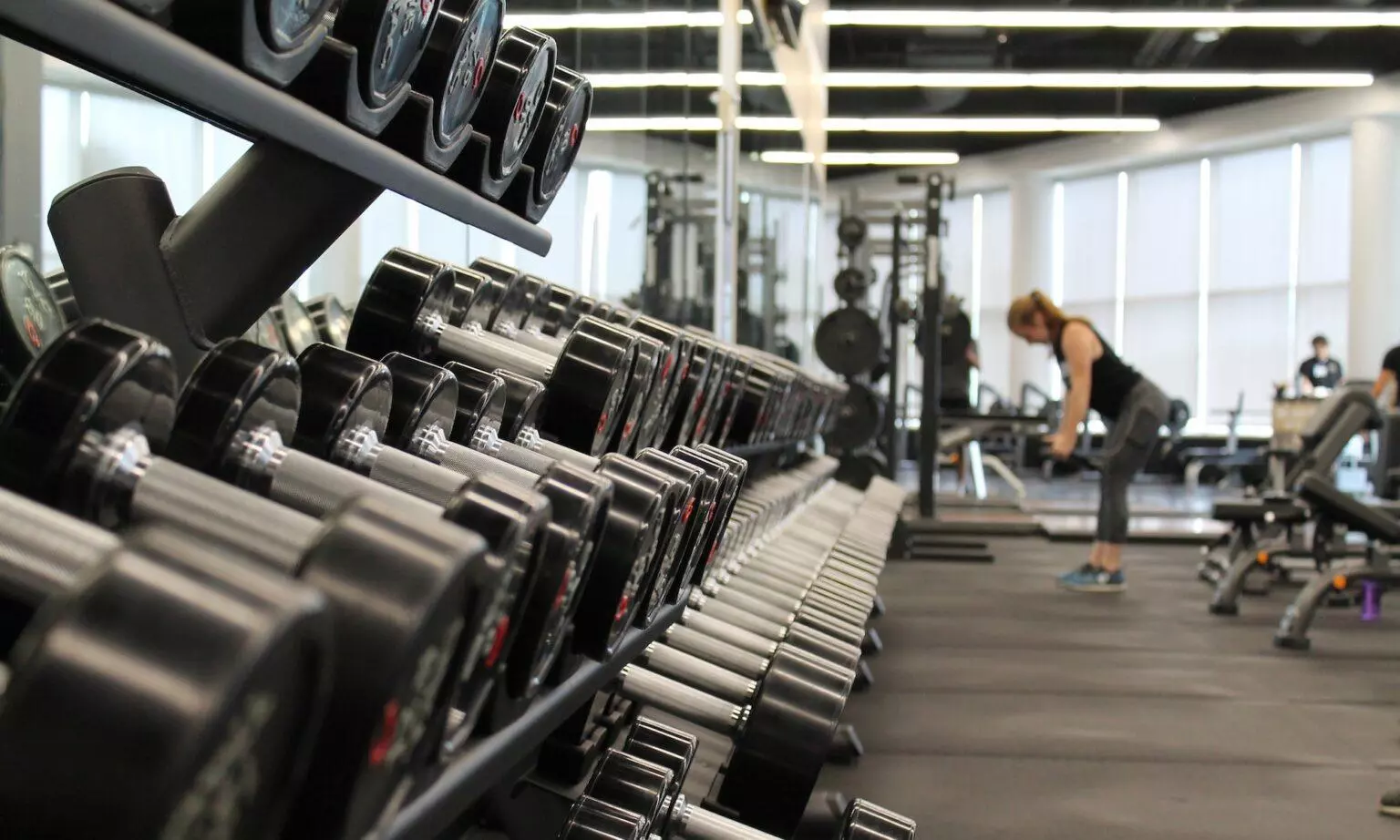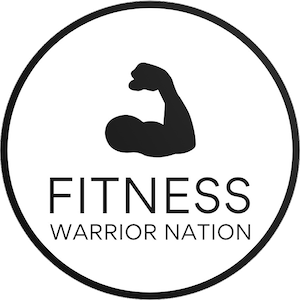Discover the best strategies and tips in “The Ultimate Guide to Building Muscle and Strength Fast.” From nutrition to workouts, take your fitness journey to the next level now!
Welcome to “The Ultimate Guide to Building Muscle and Strength Fast!” In this article, you will discover effective strategies and tips to help you build muscle and increase strength in a quick and efficient way. From proper nutrition and smart training techniques to recovery and rest, we’ve got you covered. Get ready to take your fitness journey to the next level and see amazing results in no time! Have you ever wondered how you can build muscle and strength quickly and efficiently? Look no further because in this ultimate guide, you will find everything you need to know to reach your fitness goals in no time. Whether you’re a beginner looking to get started or an experienced lifter wanting to take your gains to the next level, we’ve got you covered. Let’s dive in and start building that muscle and strength!
Setting Your Goals
Setting clear and specific goals is the first step towards success in any fitness journey. Determine what you want to achieve – whether it’s increasing muscle mass, getting stronger, or both. Having a clear goal in mind will help you stay motivated and focused throughout your training.
Why Setting Goals Is Important
Setting specific goals helps you stay accountable and track your progress. It gives you a sense of direction and purpose, making your training more effective and efficient. By setting realistic and achievable goals, you can push yourself to new limits and reach your full potential.
Understanding Muscle Growth
Before diving into a workout routine, it’s crucial to understand how muscles grow and adapt to training stimuli. Muscle growth, also known as hypertrophy, occurs when your muscle fibers undergo stress and repair, leading to an increase in size and strength.
The Science Behind Muscle Growth
Muscle growth is primarily triggered by resistance training, which creates micro-tears in the muscle fibers. These tears are repaired by the body through a process called muscle protein synthesis, where new muscle tissue is formed to make the fibers stronger and larger. By consistently challenging your muscles with progressive overload, you can stimulate continuous growth and development.
Nutrition for Muscle Building
Nutrition plays a crucial role in building muscle and strength. Consuming the right balance of macronutrients and micronutrients is essential for fueling your workouts, optimizing recovery, and supporting muscle growth.
Macronutrients for Muscle Building
Protein, carbohydrates, and fats are the three macronutrients that provide the energy and building blocks needed for muscle growth. Aim to consume an adequate amount of protein to support muscle repair and recovery, carbohydrates for energy during workouts, and healthy fats for hormone production and overall health.
| Macronutrient | Recommended Intake |
|---|---|
| Protein | 0.8-1 gram per pound of body weight |
| Carbohydrates | 3-4 grams per pound of body weight |
| Fats | 0.3-0.5 grams per pound of body weight |
Micronutrients for Muscle Building
In addition to macronutrients, micronutrients such as vitamins and minerals are essential for overall health and muscle function. Make sure to include a variety of fruits, vegetables, whole grains, and lean proteins in your diet to ensure you’re getting all the necessary nutrients for optimal muscle growth and performance.
Effective Workout Routine
Designing an effective workout routine is key to building muscle and strength fast. Your routine should include a combination of resistance training, cardio, and flexibility exercises to target different muscle groups and elements of fitness.
Resistance Training
Resistance training, such as weightlifting and bodyweight exercises, is the most effective way to build muscle and strength. Focus on compound movements that work multiple muscle groups simultaneously, such as squats, deadlifts, bench presses, and pull-ups. Incorporate both heavy weight, low rep sets for strength and light weight, high rep sets for endurance and muscle pump.
Cardiovascular Exercise
While resistance training is essential for muscle growth, incorporating cardiovascular exercise can improve your overall fitness and help with fat loss. Choose activities like running, cycling, swimming, or HIIT workouts to boost your endurance, burn calories, and improve heart health.
Flexibility and Mobility
Don’t forget to include flexibility and mobility exercises in your routine to prevent injuries and improve overall movement quality. Stretching, yoga, and foam rolling are great ways to increase flexibility, reduce muscle tightness, and enhance recovery between workouts.
Recovery and Rest
Recovery is just as important as training when it comes to building muscle and strength. Giving your body enough time to rest and recover is crucial for muscle repair, growth, and overall performance.
Importance of Recovery
During exercise, your muscles undergo stress and damage, which is repaired and strengthened during rest. Adequate rest allows your body to replenish energy stores, repair muscle tissue, and adapt to the stresses imposed during training. Without proper recovery, you risk overtraining, injury, and burnout.
Tips for Optimal Recovery
To maximize your recovery and enhance muscle growth, consider implementing the following strategies:
- Get enough sleep: Aim for 7-9 hours of quality sleep per night to allow your body to repair and recharge.
- Stay hydrated: Drink plenty of water throughout the day to support cellular functions and muscle recovery.
- Eat a balanced diet: Fuel your body with nutrient-dense foods to provide essential nutrients for recovery and growth.
- Active recovery: Engage in low-intensity activities like walking, swimming, or yoga to promote blood flow and muscle repair.
- Listen to your body: Pay attention to signs of fatigue, soreness, and burnout, and adjust your training accordingly.
Supplements for Muscle Building
While nutrition should always come first, supplements can be a useful addition to support muscle growth, recovery, and overall performance. Keep in mind that supplements should complement a healthy diet and training regimen, not replace them.
Essential Supplements for Muscle Growth
Some of the most popular and effective supplements for muscle building include:
- Protein powder: A convenient way to increase your protein intake and support muscle repair and growth.
- Creatine: Enhances ATP production, improves strength and power output, and supports muscle recovery.
- BCAAs (Branched-Chain Amino Acids): Essential amino acids that promote muscle protein synthesis and reduce muscle breakdown.
- Beta-Alanine: Increases muscle carnosine levels, delays fatigue, and improves performance during high-intensity exercise.
- Vitamin D: Plays a crucial role in muscle function, bone health, and overall immune system support.
Choosing the Right Supplements
When selecting supplements, it’s essential to consider your individual needs, goals, and budget. Consult with a healthcare professional or dietitian to determine which supplements may benefit you based on your diet, training, and health status.
Tracking Progress and Adjusting Your Plan
Tracking your progress is essential for monitoring your gains, identifying areas of improvement, and adjusting your plan accordingly. By keeping a record of your workouts, nutrition, and measurements, you can fine-tune your routine for optimal results.
Ways to Track Progress
There are several methods you can use to track your progress and measure your success:
- Workout journal: Record your exercises, sets, reps, and weights to track strength gains and ensure progressive overload.
- Body measurements: Take regular measurements of your body parts, weight, and body fat percentage to monitor changes in muscle mass and body composition.
- Progress photos: Take photos of yourself regularly to visualize your physical transformation and track changes in muscle size and definition.
- Performance tests: Conduct periodic fitness assessments, such as strength tests, endurance tests, and bodyweight exercises, to measure improvements in fitness and athletic performance.
Adjusting Your Plan
Based on your progress and feedback, consider making the following adjustments to your training routine:
- Increase weight: Gradually increase the resistance or weight lifted to continue challenging your muscles.
- Change exercises: Rotate or modify your exercises to target different muscle groups and prevent plateaus.
- Modify rep range: Adjust your rep range from low to high or vice versa to vary intensity and stimulate growth.
- Alter rest periods: Shorten or lengthen your rest periods between sets and exercises to increase or decrease intensity.
- Deload phases: Incorporate deload weeks or phases into your training to allow for recovery and prevent overtraining.
In conclusion, building muscle and strength fast requires a combination of proper training, nutrition, recovery, and consistency. By setting clear goals, understanding muscle growth, fueling your body with the right nutrients, following an effective workout routine, prioritizing recovery, and tracking your progress, you can achieve your fitness goals and transform your physique. Remember to stay committed, patient, and dedicated to your journey, and the results will follow. Good luck on your muscle-building journey!


